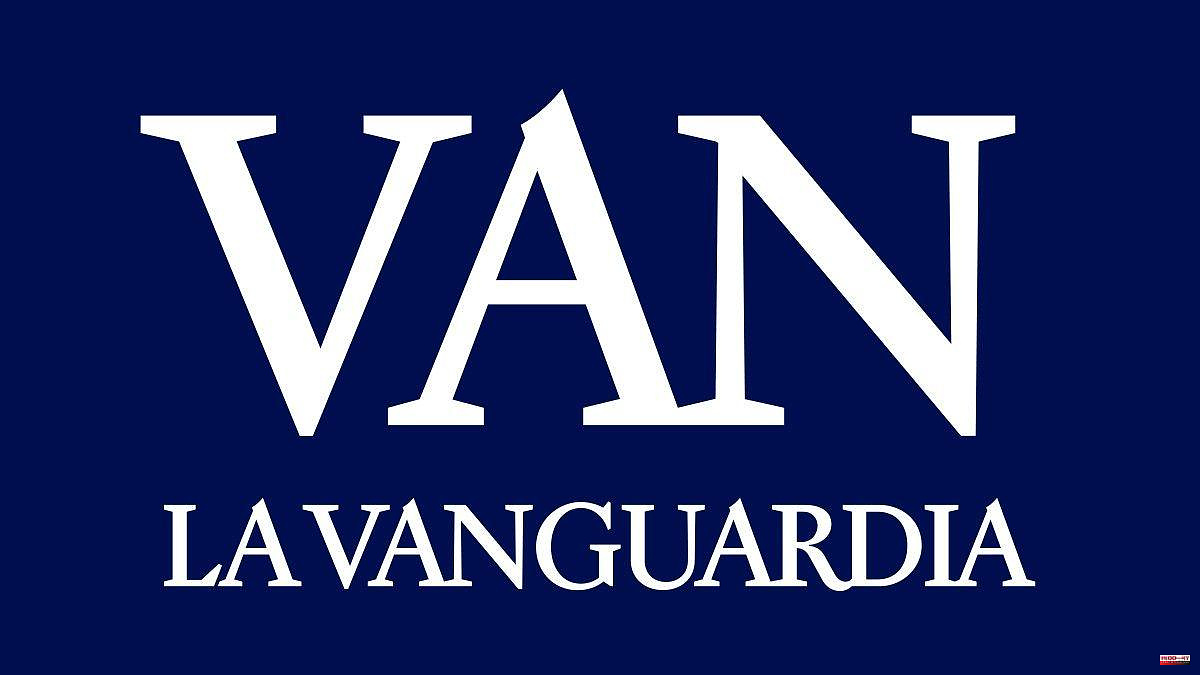There is a phrase that intimately links the world of intelligence with that of glamor. The editors of the CNI website headline their job offer: "More than a job, a lifestyle." They say neither fashion nor form. After a few glances, I guess they opted for style, which still sounds incredibly good despite the banal use of the word on the manicure shop sign, hair mousse, or real estate ads. But it is effective, it promises a world.
The fact is that if you are motivated by the future of Spain and you are attracted to public service, you can be encouraged to try your luck at the CNI. On the other hand, they demand loyalty, discretion and a spirit of sacrifice, and in return you would expect them to offer you travel and action, but the most they guarantee is to be "at the forefront of national security." With a university degree and Spanish nationality, you can aspire to one of the professions with the greatest cinematic aura. I think of the fatal attraction that many teens feel for criminology, even if it happens to them, like pink and Pokémon trading cards.
From the nineteenth-century operetta spies to today's artificial intelligence systems, a little over a century has passed, but technology has opened up a reality that not only radically changes the performance of the profession but forces us to rethink the concept of intimacy. Today, agents are primarily dedicated to accessing the information we provide in profiles and accounts on the networks, filtering it and interpreting it according to their interests. How many times have we been surprised by the accuracy of the algorithm in intruding on our mobile phones. And that they are not - we think - infected with Pegasus.
We live immersed in a capitalism of surveillance that monitors our lives and knows who we call, or send a message to, and what we tell them, what we buy, how much we sleep, the steps we take a day and the calories we eat. The philosopher Eric Sadin announces in The Age of the Tyrant Individual, the end of a common world, describing a being hyperconnected and, at the same time, detached from the collective. Imbued with that false sense of power provided by techno-liberalism, which makes us feel self-sufficient in exchange for stealing our souls. As the great Le Carré, a spy who has become a successful novelist, wrote, "espionage has only one moral law: it is justified by results." And, if not, ask the former head of the spies, Paz Esteban.
4












